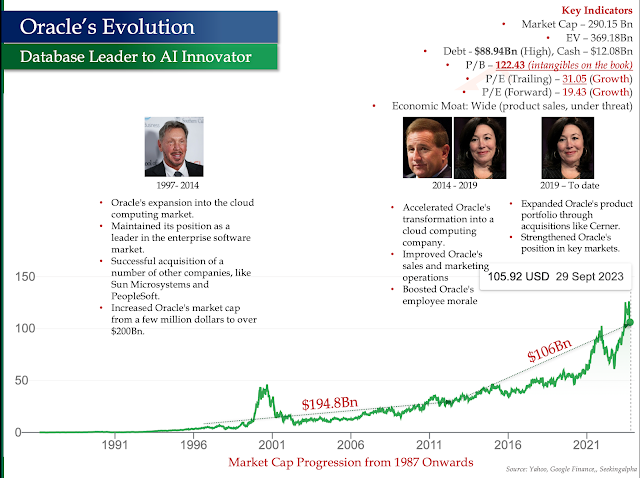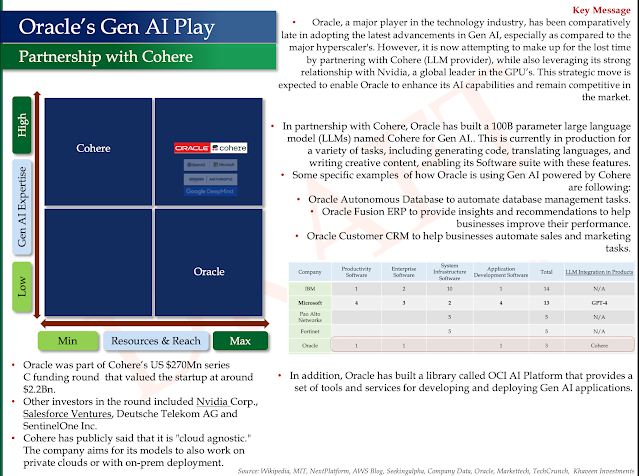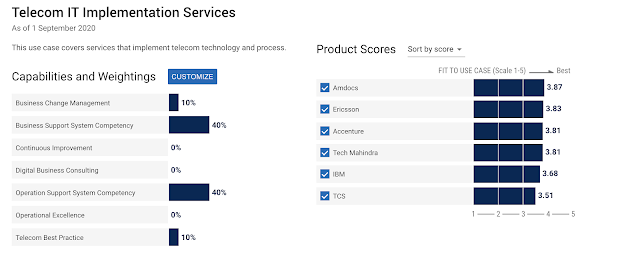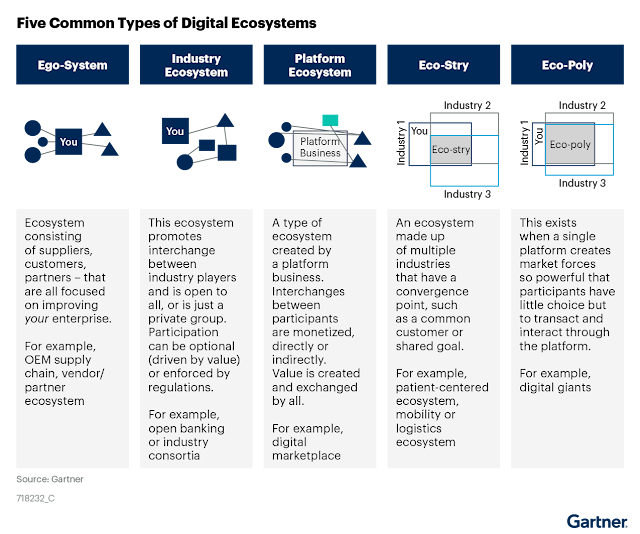Excerpt from the upcoming book at
amazon.com - "Sellers from Mars and Buyers from Venus - Elements of Nature Meet B2B Sales"
--
Negotiations - Influence to Win
The business to business (B2B) sales negotiation is a conversation between a seller and a buyer to reach an agreement that is beneficial to both. To reach a zone of potential agreement (ZOPA), both engage in multiple rounds of discussion. The back and forth nature of these discussions are driven to gain an upper hand over the other side by finding their reservation point (breaking point), or their BATNA (Best Alternative To a Negotiated Agreement) or any useful information which will assist in bargaining.
To win negotiations in sales a lot of preparation is required. This includes the collection of information about the other side's negotiation style, motivation, risks, BATNA, concession, reservation, and timing. Without preparation and gathering of this information, the chances of winning negotiations are minimal. Having said that, sometimes even after gathering information and preparing, negotiations can still be lost or suspended indefinitely because of change in the political landscape, financial upheaval, change in priority, a pandemic outbreak or any other unseen factors.
The gathering of information and preparation for negotiations is time-consuming and is often challenging. To overcome this challenging task, elements of nature and their attributes are leveraged in preparing the groundwork to influence and win negotiations.
Let us explore how a seller or a buyer leverages elemental attributes, learned in previous sections, to position and influence their respective stakeholders with the intent to win.
--
Space (Ether, Metal) Natives Negotiation
Part 2 on Persona Mapping in B2B Sales can be read
here Part 1 on Marrying Elements of Nature with B2B Sales can be read
here

















